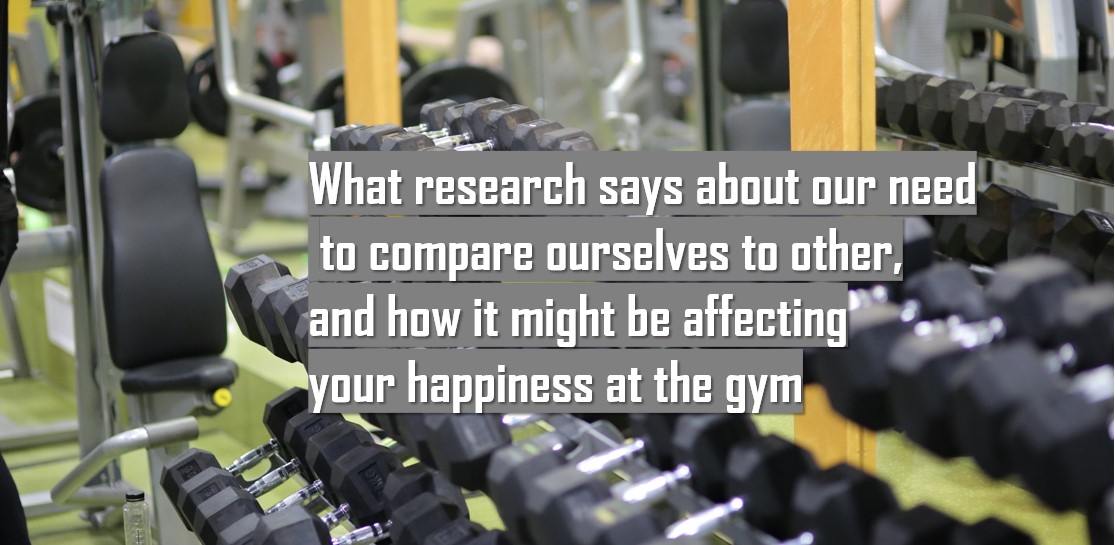What research says about our need to compare ourselves to other, and how it might be affecting your happiness at the gym
Competition is a strange thing: It’s natural and it’s healthy. Until it’s not.
It’s healthy when I see clients pushing themselves a little harder at the end of a rowing workout to keep up with the person next to them.
It’s less healthy when people choose to lift weight the same weight their competitor in the class is doing, and as a result, they don’t get the full effect of the intention of the workout because they loaded up too much. Worse still, they get injured because they have no business doing 95 lb. thrusters.
And it’s certainly not healthy when we stop pursuing our own personal goals in order to keep up with someone else. Generally this goes hand-in-hand with discounting our own success because we’re still not as good as so-and-so.
And as social comparison theory explains, it’s a losing battle.
Social what theory?
Social comparison theory was coined by social psychologist Leon Festinger in the 1950s. It basically suggests that we all want to gain accurate self-evaluations. And we can’t do this unless we compare ourselves, our opinions and our abilities to others. Doing this helps us reduce our uncertainties and helps us define who we are.
Since Festinger’s theory came about, further research on the topic has been done that suggests most of us feel momentarily satisfied and confident if and when we receive ourselves to be better than two-thirds of our “relevant peer group.”
By relevant peer group, this is the group of people you perceive to be moderately close to your level at any given task. For example, if you’re a high school football star, chances are you’ll compare yourself with your teammates and/or other top players in your league. You’re likely not going to be disappointed if you’re not as good as an NFL superstar.
Or, if you’re a woman who’s trying to get your first muscle-up, you’re going to feel some natural envy or even jealousy if your friend, who has also been chasing a muscle-up, gets through the rings before you. On the other hand, you likely won’t be sitting there cursing at Katrin Davidsdottir stringing together muscle-up after muscle-up on an Instagram video.
I have actually seen people take mental health breaks from the gym, or quit altogether, over the years because they became so discouraged and down on themselves because they perceived others around them in their “relevant peer group” were getting better faster than they were.
This isn’t to say you can’t compete with each other: As a coach, it’s great to watch two people of similar fitness level battle hard against each other in the last minute of a conditioning workouts. We welcome this, but if these comparisons and competitions start taking away from your happiness or your feeling of self-worth, there’s a problem worth looking at.
The overarching problem with obsessive comparison is this: It’s a losing battle, because once you conquer one relevant peer group, you don’t stop and gloat and be done with goal-setting forever.
Instead, you set your sights on a new, better relevant peer group. And on and on.
There will always be someone better than you. Take the time to appreciate your own, personal successes.







